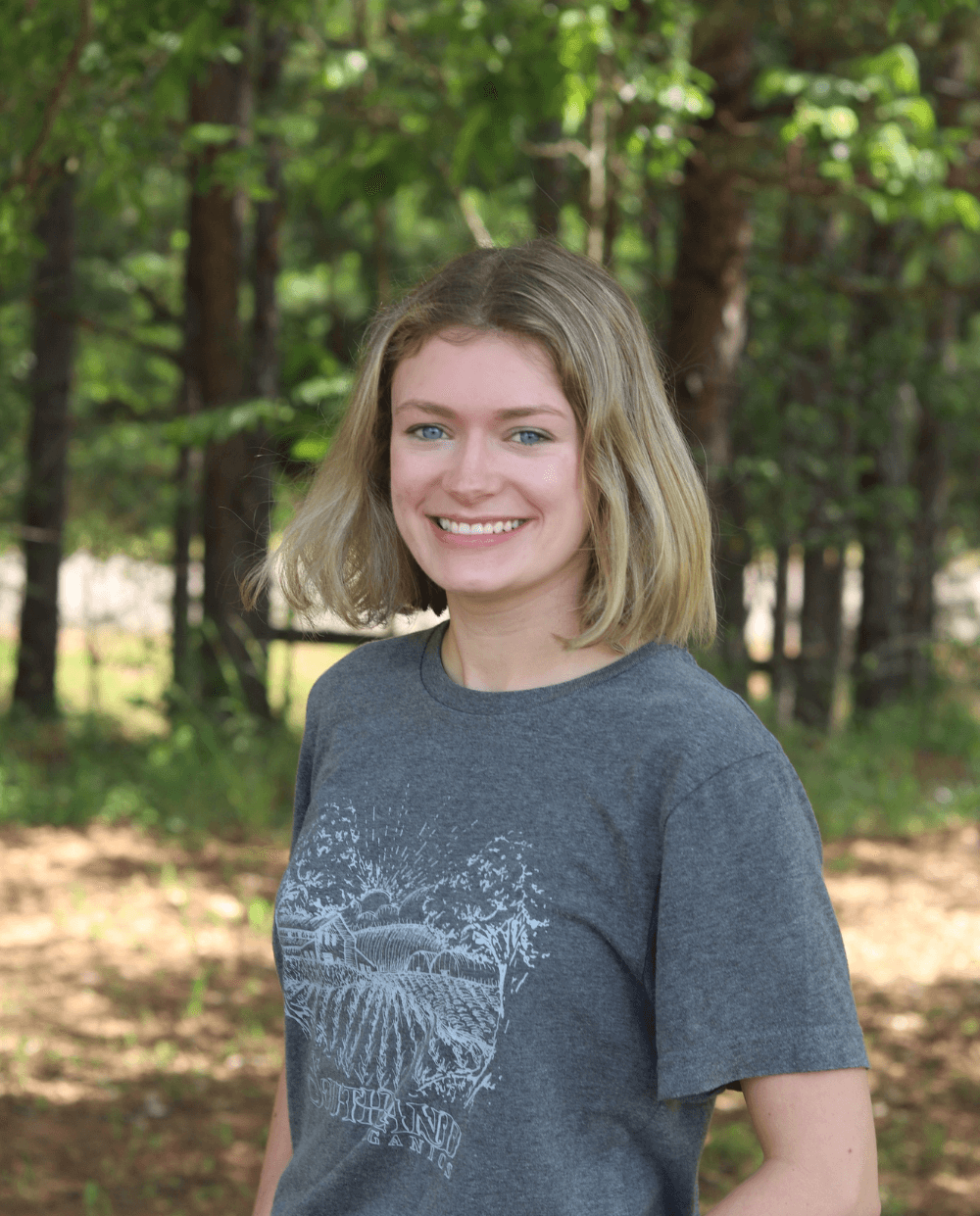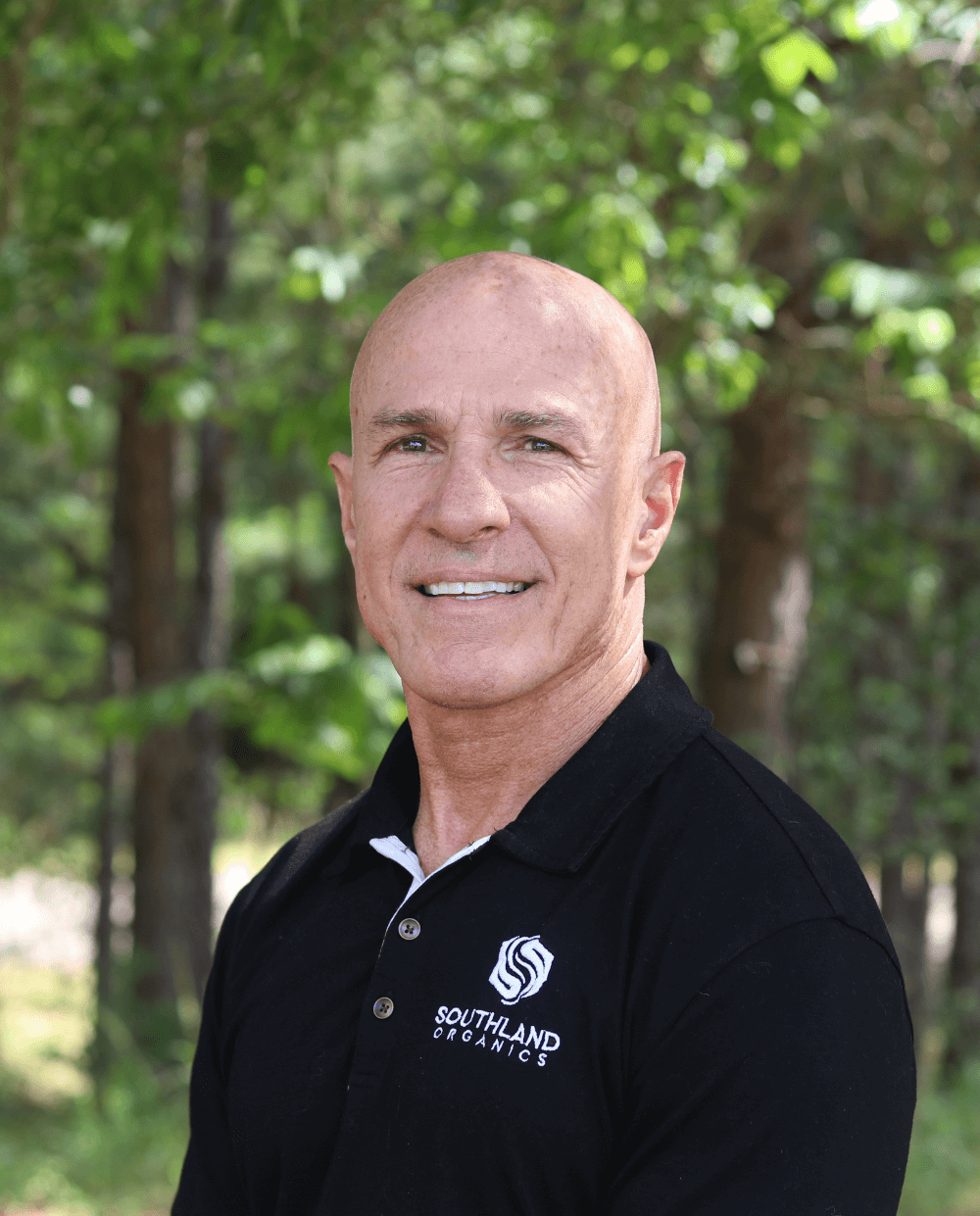Chicken litter can be an excellent fertilizer! It makes good use of something you may already have on your farm. You can use it yourself or make extra cash selling it to others. It works so well as a fertilizer because it contains the three nutrients that are included in most conventional fertilizers: nitrogen, phosphorus, and potassium.
If chicken litter makes such a great fertilizer, why are some states banning its use? Well, too much of a good thing can be a bad thing. Check out this video to learn about the major risk you should consider before using litter as a fertilizer, and some methods to mitigate this risk.
So, what’s the downside of using chicken litter as fertilizer? Litter is super rich in nutrients. When it rains, excess nutrients, which may be abundant, run off of the farms on which they are placed or stored.
Where do they go? Into nearby bodies of water. When marine environments face an excess of nutrients from runoff, eutrophication occurs. This means that marine plant life becomes overgrown and then dies, a process that takes a lot of dissolved oxygen, or D.O., out of the water. So much, in fact, that fish and other marine animals die due to lack of D.O. This can throw off entire ecosystems and impact the quality of our drinking water.
All this just because of some nutrient runoff from chicken litter fertilizer? Really? …Really. But this doesn’t mean you can never use litter as fertilizer- It just means that you have to be smart about it.
We have some tips on how to prevent fertilizer runoff during storage.
- Keep the litter covered. Sheds or stackhouses are great methods for this, but plastic sheeting can also be used. Covering litter prevents it from losing too much of its nitrogen value.
- Make sure drainage does not come into contact with the storage pile.
- Add a bottom liner under the storage pile to prevent leaching. This is especially important to people whose properties are on wells.
When using litter as fertilizer, follow a few general guidelines when planning your fertilization program:
- Apply fertilizers in the proper amount for your area and crop type
- Apply at the right time of year and with the right method for your farm
- Use conservation drainage practices
- Ensure year-round ground cover
- Plant field buffers
- Manage livestock access to streams
You can learn more about fertilizer runoff and litter quality online.
Taking these measures to reduce runoff when using and storing litter is important for two main reasons. First of all, we want to protect resources and environments, like our nearby bodies of water. They’re essential to farmers’ business success and help us feed the world. Secondly, maximizing our inputs, like using litter as fertilizer, helps us save money in the long run.





